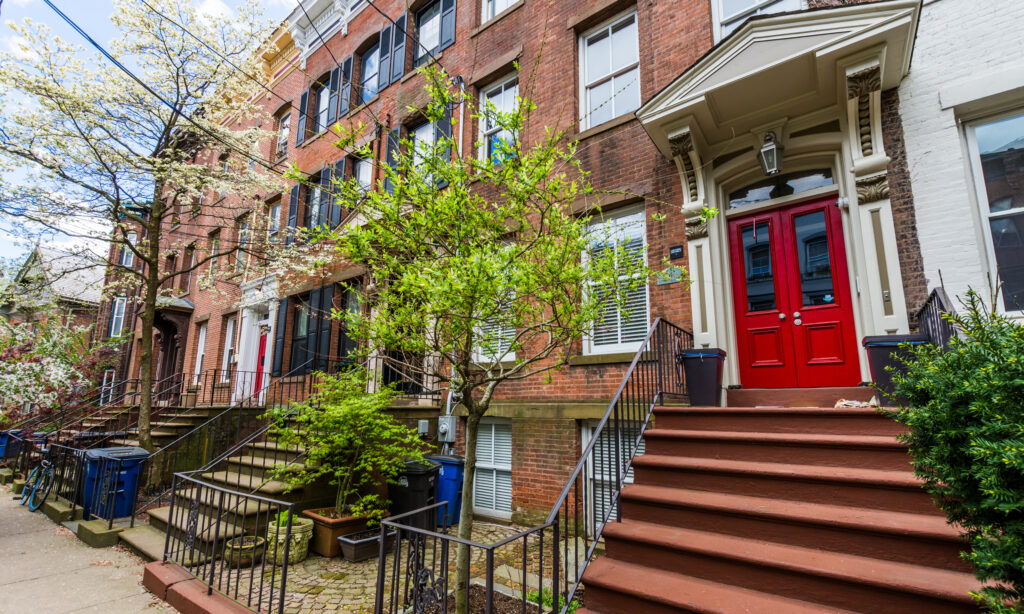Home Equity Loans

A home equity loan, or second mortgage, is another tool within the consumer finance toolbox. This product has you tap into your home equity for cash, which may then be spent upon renovations, big-ticket items, or debt refinancing.
Home equity loans are notable for their relatively low interest rates. These low interest rates, of course, are a deal-with-the devil trade-off for putting your home up for collateral.
Home Equity
Equity is financial ownership. To calculate home equity, you would subtract the home’s underlying mortgage balance away from its appraised market value. In total, the bank will generally extend credit against 90% of your property value (loan-to-value), while also expecting you to maintain a credit score above 600.
A second mortgage is a secured loan backed by your property as collateral. The bank will foreclose, or seize upon, your home and sell it off in the event of loan default. For this, home equity loans do carry lower interest rates compared to unsecured credit card debt, but higher rates than your first mortgage.
Home equity loans oftentimes do not come with closing costs, which may make for cheaper borrowing than a cash out refinancing. Home equity loan interest is tax deductible – if the money is spent upon home improvements.
Home Equity Line of Credit (HELOC)
Home equity loans are typically paid off over the course of thirty years at a fixed rate of interest. Alternatively, a home equity line of credit (HELOC) is the revolving credit branch off the home equity loan concept.
Home equity lines of credit are similar to credit cards, where debt is taken on and repaid as needed. HELOC interest is variable, which means that your payments will track the federal funds rate. The HELOC timeline is subdivided into draw (5-10 years to borrow) and repayment periods (10-20 years).
Financial Risks
A home equity loan can be especially dangerous, if abused. Cash strapped consumers who live in boomtown property markets are always very much tempted to tap home equity to pay off expensive credit card debt.
Ironically, robbing Peter to pay Paul typically results in you owing both Peter and Paul. At that point, you will own nothing, despite sitting upon what should be a proverbial goldmine.
1 thoughts on “Home Equity Loans”
Comments are closed.


This file details the nature of home equity loans, also known as second mortgages. It explains how home equity is calculated and how these loans are secured against property, offering lower interest rates compared to unsecured debts but higher than first mortgages. The document also covers Home Equity Lines of Credit (HELOC), discussing their variable interest and repayment structures, and warns about the financial risks associated with misusing home equity loans in fluctuating property markets.